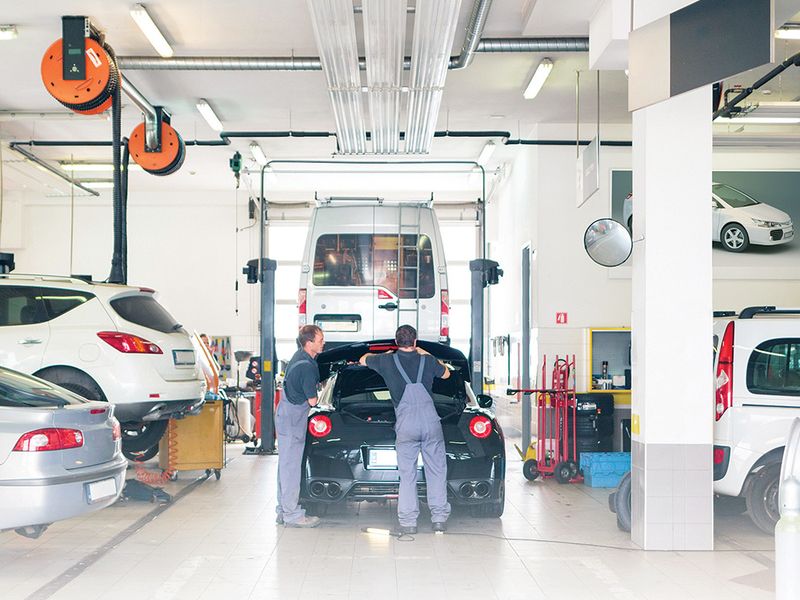
A bill signed by Illinois Gov. JB Pritzker reinforces a requirement that automakers pay dealerships for warranty work at the same labor rate consumers are charged.
House Bill 3940, which will take effect Jan. 1, also establishes methodology for calculating the average labor rate and ends automakers’ ability to refuse parts markups that they deem “unreasonable.”
The current law says manufacturers have to pay dealerships no less than the retail rate for warranty work, adding this charge must be “reasonable” — defined as the market’s “prevailing wage rates.”
The bill drops those subjective terms and lays out a specific means of calculating the automaker warranty labor rate. This charge will be based upon the average of any 100 sequential customer-pay repair orders submitted to the manufacturer by the dealer. The repair orders must have occurred within 180 days of the submission and will not include “simple maintenance” repair orders.
“House Bill 3940 ensures highly skilled auto mechanics are compensated at the same rate regardless of whether the vehicle is under warranty,” said Tim Drea, president of the Illinois AFL-CIO. “This bipartisan legislation is a win for workers, consumers and local business owners.”
But Illinois Manufacturers’ Association CEO Mark Denzler said Tuesday that the bill would add $250 million in costs that would ultimately fall upon consumers.
“We’re extremely disappointed that the governor signed the bill,” Denzler said, arguing it made Illinois an “outlier in the nation.”
Denzler said his $250 million projection was derived from the bill’s choices for calculating labor times. The legislation states any time guide “previously agreed to by the manufacturer and the dealer for extended warranty repairs may be used in lieu of actual time expended.” If the automaker and dealer can’t agree upon a time guide or no time exists for the specific work, “the manufacturer’s time guide shall be used, multiplied by 1.5.”
In April, the Chicago Automobile Trade Association reported that service personnel “say many warranty jobs just can’t be performed in the booked time allowance, meaning they sometimes work without compensation.”
The bill eliminates the ability for an automaker and a majority of franchisees to agree upon a uniform parts rate and uniform labor time standard.
Automakers also must pay warranty diagnostic times and the amount of time the dealership spends communicating with the manufacturer on a repair, “including hold time,” according to the bill.
Dealerships can request a rate increase once a year, it says. The new rules apply to all warranty and factory repairs, including recalls.
Denzler argued that nothing in the bill requires dealerships to pay any additional revenue to technicians, though the Illinois AFL-CIO, the International Association of Machinists and Aerospace Workers Local 701 and the Chicago Federation of Labor celebrated it as a win for staff.
The bill preserves the retail sales-based methodology for calculating how much dealers can charge automakers for parts in warranty repair. However, it removes the opportunity in existing law for an automaker to reject those prices as “unreasonable” based upon other dealer markups in the area.
Barring illegal behavior by the dealership, automakers will be prohibited from warranty debit reductions or chargebacks. Surcharges and recovery fees levied on dealerships to recoup warranty charges are also forbidden, as are payment reductions “due to preestablished market norms or market averages” or restrictions on “customer repair frequency due to failure rate indexes or national failure averages.”

